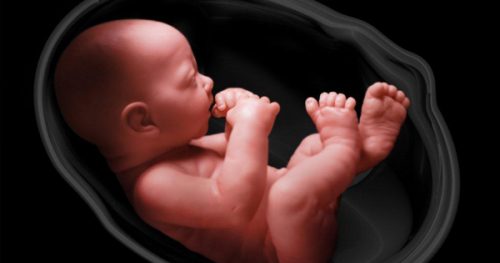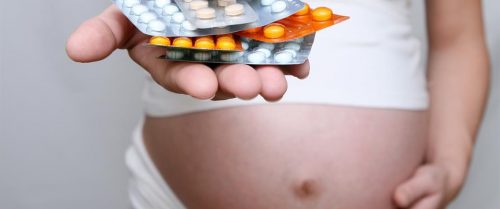
Source: the-conscious-mind.com
Anxiety is a pervasive problem in autism. This is the case across the full age range including for children and adolescents. — Christopher Lynch Ph.D.
Are there contributory elements that ante up an unborn baby’s risk of having autism spectrum disorder (ASD)?
The medical field is still unsure as to what causes autism spectrum disorder (ASD). It’s highly possible that the condition is a result of a wide variety of contributory factors – genetic, environmental, and even biological. The scientific world has been studying many of these over the years.
And the five most common factors they associate with higher risks of autism are the following:
Genes
Some scientists observed that genes could play a role in determining autism. For one, if a family has one child with ASD, it ups the chances of having another with the same condition to about 5% or one out of 20. Identical twins also are most likely to be born both with autism compared to fraternal twins who don’t have identical genes.
Accordingly, there are also times that one or both parents and some of the autistic child’s relatives exhibit mild social difficulties like having communication problems. So, these could be indicators or autism risks in a family as well.
The theory proposes that a bias in favour of the expression of the father’s and/or reduction in the expression of the mother’s genes may predispose to ASD… — Christopher Badcock Ph.D.
Preemies And Babies Born With Low To Very Low Birth Weight
Some studies connect the possibility of ASD with babies born prematurely as well as those with low to very low birth weights (If a baby weighs only 2000 grams/4.6 pounds, he is considered a low birth weight baby. 1500 grams/3.5 pounds and less belong to the very low birth weight category).
Researchers who looked into the majority of these cases did find that autism risks in preemies and babies with low to very low birth weights are higher compared to those who came out healthy in both aspects. One constant thing they also observed was that these low birth weight babies were more likely to suffer from anxiety, depression, and attentional to social impediments growing up compared to their counterparts.
Medicine Intake During Pregnancy
Recent studies link SSRI(Selective Serotonin Reuptake Inhibitors) meds to higher autism risks in unborn babies. These kinds of medications are used to treat depression like Prozac and Zoloft. One setback of these studies, though, is that the tests were done on lab rats and no one has investigated if the same outcome would result in pregnant mothers who took anti-depression medications while gestating.

Source: healthhub.sg
Furthermore, scientists observed that mood disorders like depression are more common in families or individuals with ASD. People who have autism are more likely to suffer from psychological maladies themselves, too. On this note, it was suggested that emotional disorders and autism are closely intertwined and that taking anti-depression meds might not be the cause of an unborn child’s autism but the mental condition of the mom.
Advanced Age Of The Mother, Father Or Both
Many studies have delved into age as a risk factor for babies’ ASD diagnosis later in life. Two separate studies (one in Denmark and another in Israel) found out that advanced paternal age increases the risks of autism in their kids.
Furthermore, four US studies came to the conclusion that advanced ages of both mothers and fathers are linked to higher possibilities of autism in their children.
…there is the unfortunate coincidence that warning signs of autism—not responding to their name, not babbling, little eye contact—often become obvious around the same time that infants get a hefty round of vaccinations, especially around their first birthday. — Vanessa LoBue Ph.D.
Maternal Infection And Stress During Pregnancy
Maternal stress, as well as the physical illnesses that affected the mother while she was expecting, might put her unborn baby at risk of developing ASD.
A Californian undertaking, for one, investigated over 400 autistic kids and compared them to 2000 others who were healthy. The terms of comparison used were their mothers’ exposure to infections and at what trimester these were experienced. The team who conducted the said study found out that maternal infections – most notably of the bacterial kind – that happened during the second half of the pregnancy, were directly linked to a significant increase in the babies developing ASD and being diagnosed with the condition later on.
On the other hand, maternal stress is also said to ante up autism development possibilities in unborn babies. It is because scientists believe that cortisol, our stress hormones, can cross the placenta and disrupts the baby’s development inside.
